KIGALI: Rwanda's President Paul Kagame on Sunday (Apr 7) said the international community had "failed" his country during the 1994 genocide, as he paid tribute to the 800,000 victims when Hutu extremists tore apart the nation 30 years ago.
"Rwanda was completely humbled by the magnitude of our loss. And the lessons we learned are engraved in blood," Kagame said during a solemn ceremony in Kigali to commemorate the 100 day massacre of mostly Tutsis but also moderate Hutus.
"It was the international community which failed all of us, whether from contempt or cowardice," he told an audience that included African heads of state and former US president Bill Clinton, who had called the genocide the biggest failure of his administration.
In keeping with tradition, the ceremonies on Apr 7, the day Hutu militias unleashed the carnage in 1994, began with Kagame placing wreathes on mass graves and lighting a remembrance flame at the Kigali Genocide Memorial, where more than 250,000 victims are believed to be buried.
As the day drew to a close, a choir performed before thousands of people in a Kigali arena holding up candles in memory of those killed in the slaughter.
The tiny nation has since found its footing under the iron fisted rule of Kagame, who led the rebel militia which ended the genocide, but the scars of the violence remain across Africa's Great Lakes region.
The international community's failure to intervene has been a cause of lingering shame, with African Union chief Moussa Faki Mahamat saying in Kigali that "no one, not even the African Union, can exonerate themselves from their inaction."
"Let us have the courage to recognise it, and take responsibility for it."
'Infernal Closed Door'
French President Emmanuel Macron released a video message, saying he stood by his comments in May 2021 when he acknowledged France's role in the genocide and its refusal to heed warnings of looming massacres, but stopped short of an official apology.
"I have no word to add, no word to take away from what I told you that day," Macron said.
"We have all abandoned hundreds of thousands of victims to this infernal closed door."
At the time of the genocide, the French government had been a long standing backer of Rwanda's Hutu-dominated regime, leading to decades of tensions between the two countries.
The French presidency said on Thursday that Macron would release a message saying France and its Western and African allies "could have stopped" the bloodshed but lacked the will to do so.
The eventual message did not however represent a significant step forward from Macron's earlier comments on the genocide.
US President Joe Biden said the repercussions of the massacres were "still felt across Rwanda and around the world."
"We will never forget the horrors of those 100 days, the pain and loss suffered by the people of Rwanda, or the shared humanity that connects us all, which hate can never overcome."
 Former US President Bill Clinton, Graca Machel, widow of former South African President Nelson Mandela and widow of Mozambican President Samora Machel, and Former French President Nicolas Sarkozy pay homage before lighting the Rwandan genocide flame of hope, known as the "Kwibuka" (Remembering), to commemorate the 1994 Genocide at the Kigali Genocide Memorial Center in Kigali, Rwanda Apr 7, 2024. (Photo: REUTERS/Jean Bizimana)
Former US President Bill Clinton, Graca Machel, widow of former South African President Nelson Mandela and widow of Mozambican President Samora Machel, and Former French President Nicolas Sarkozy pay homage before lighting the Rwandan genocide flame of hope, known as the "Kwibuka" (Remembering), to commemorate the 1994 Genocide at the Kigali Genocide Memorial Center in Kigali, Rwanda Apr 7, 2024. (Photo: REUTERS/Jean Bizimana)
National mourning
Sunday's events mark the start of a week of national mourning, with Rwanda effectively coming to a standstill and national flags flown at half-mast.
Music will not be allowed in public places or on the radio, while sports events and movies are banned from TV broadcasts, unless connected to what has been dubbed "Kwibuka (Remembrance) 30".
The assassination of Hutu President Juvenal Habyarimana on the night of Apr 6, when his plane was shot down over Kigali, triggered the rampage by Hutu extremists and the "Interahamwe" militia.
Victims were shot, beaten or hacked to death in killings fuelled by vicious anti-Tutsi propaganda broadcast on TV and radio. At least 250,000 women were raped, according to UN figures.
The country is home to more than 200 memorials to the genocide and new mass graves continue to be uncovered.
In 2002, Rwanda set up community tribunals where victims heard "confessions" from those who had persecuted them, although rights watchdogs said the system also resulted in miscarriages of justice.
Today, Rwandan ID cards do not mention whether a person is Hutu or Tutsi.
Secondary school students learn about the genocide as part of a tightly controlled curriculum.
According to Rwanda, hundreds of genocide suspects remain at large, but only 28 have been extradited to the country.
France, one of the top destinations for Rwandans fleeing justice at home, has tried and convicted half a dozen people over the killings.

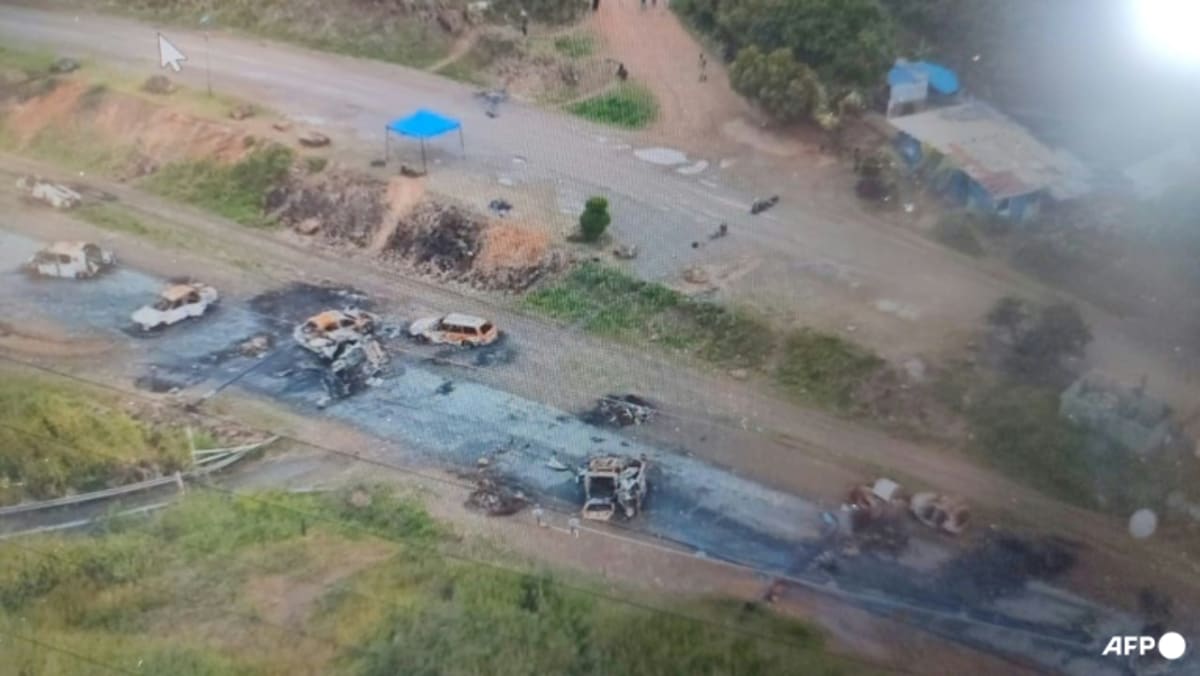
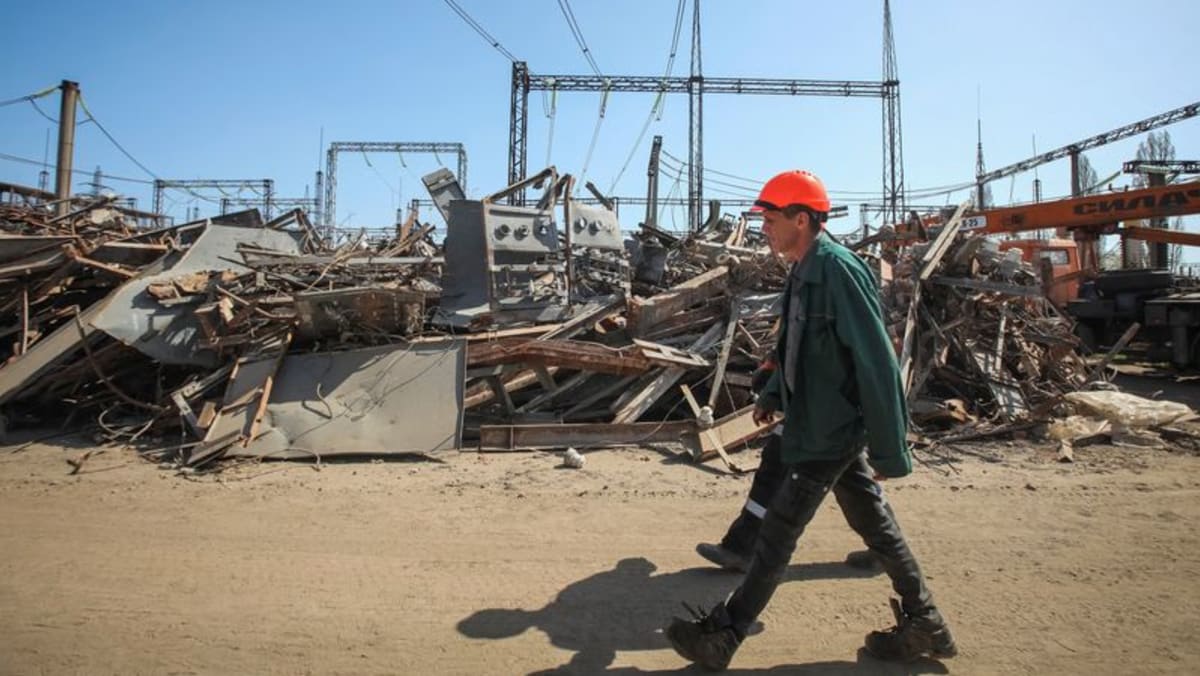
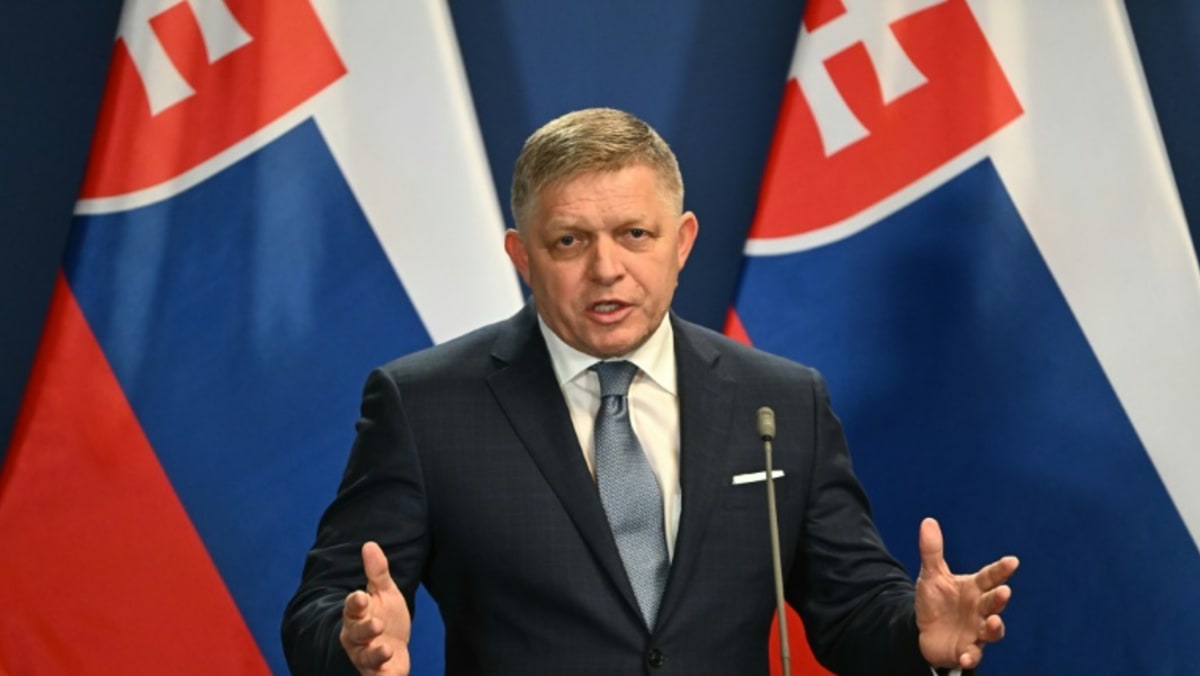
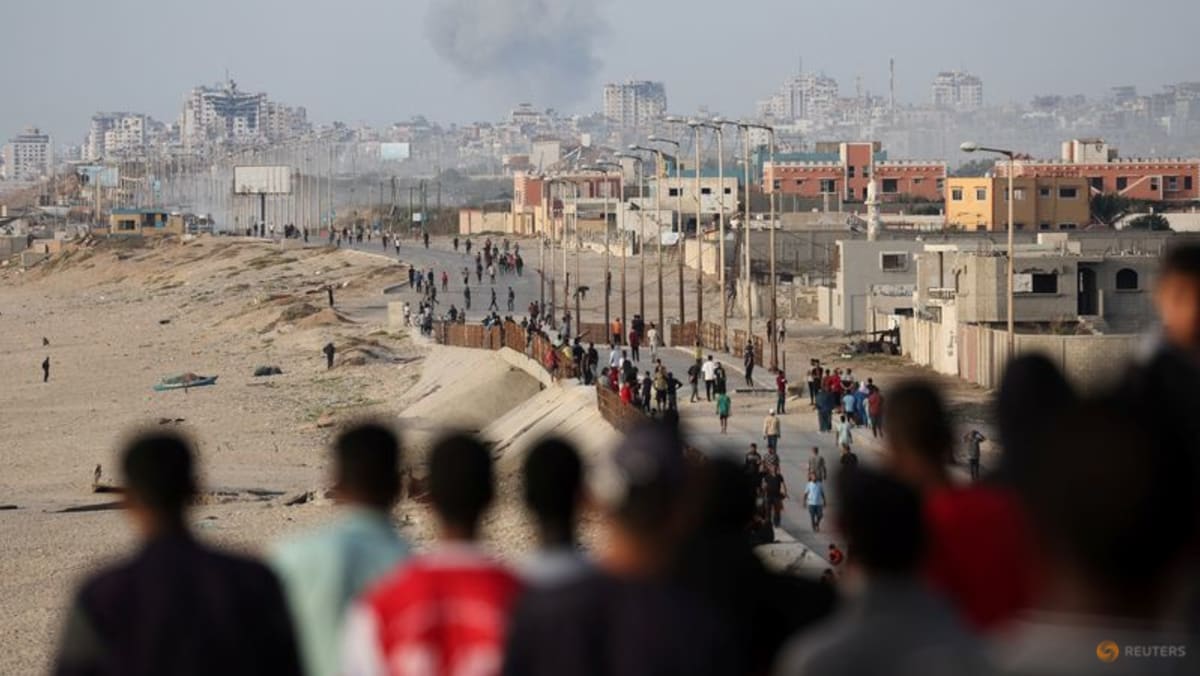

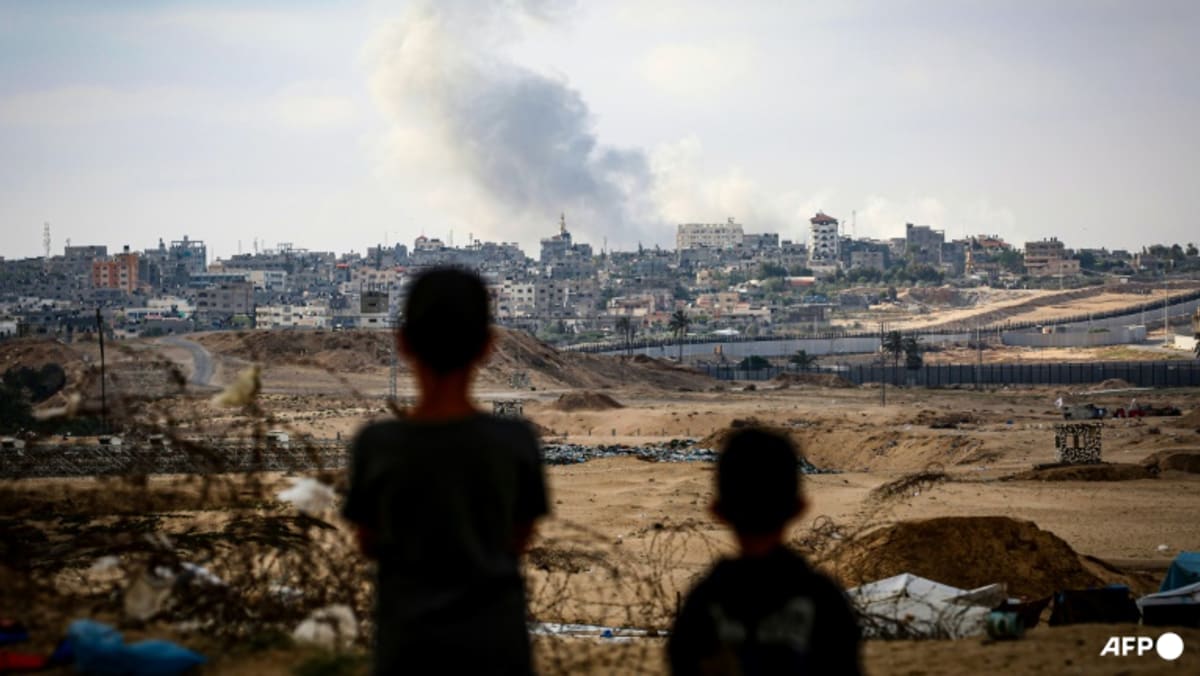





 English (US) ·
English (US) ·  Turkish (TR) ·
Turkish (TR) ·